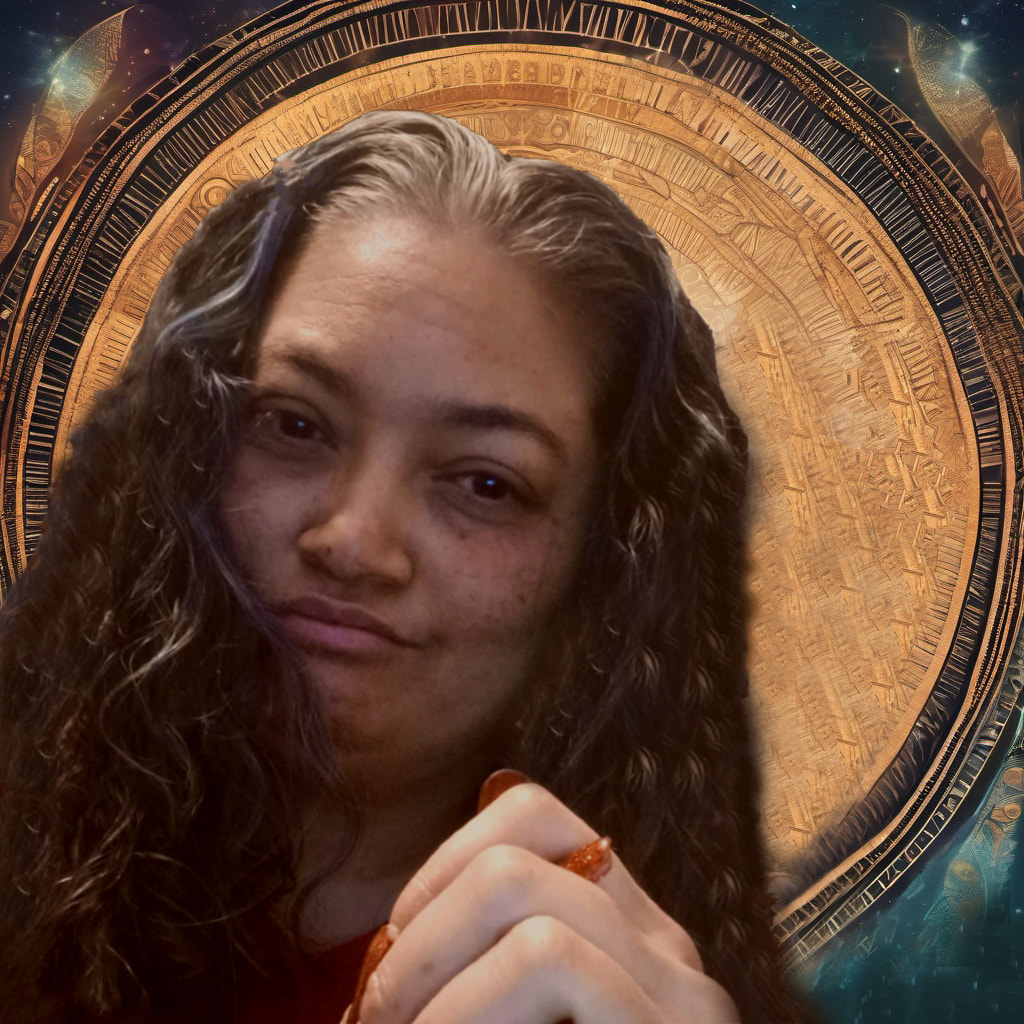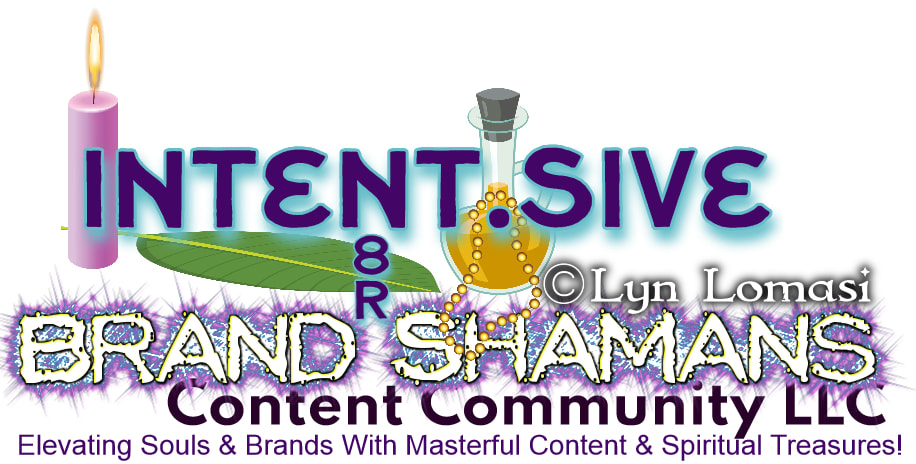|
by Joshua Packard, Fullness of Happy  Dan Brown's very controversial mystery thriller novel "The Da Vinci Code" is one which at points in my life I refused to read. Having watched the movie version, I had a general idea of what it was about. So I felt no need to read the book itself to decide whether it had any merit or not. Essentially, the story follows the actions of protagonist Robert Langdon, a symbologist who studies religious symbols and their meanings. He is framed for the murder of the curator at the Louvre museum in France. This is where many famous works of art, including the "Mona Lise" of Leonardo da Vinci, are on display. The murdered man leaves clues as to who the murderer is. His granddaughter, a very intelligent cryptographer and code breaker, is brought in to assist in solving the mystery. The story turns into a search for the missing Holy Grail. Supposedly, it has been kept hidden by the Catholic Church, for fear it would overturn all that the Church teaches as true. The secret is supposed to be that instead of having been crucified a bachelor, Jesus Christ had actually married Mary Magdalene. It's also said that he had children, leaving a bloodline that lives on to this day. It is claimed that the Church has slandered Magdalene as a prostitute, doing everything it can to hide this secret that she was really the wife of Jesus and mother to His children. There is a lot of dialogue regarding this. Also, there is talk of the Gnostic gospels and other literature proposed for the Bible, but rejected by the Church as having been inauthentic. Essentially, it was not written by the authors they are claimed to be written by. There is also the claim that it wasn't until the 4th century that Jesus was only believed to be divine. This was many centuries after His death, around the time of the rule of Constantine and the Nicene Council. Before then, all His followers believed He was merely a mortal man, and not an immortal incarnation of God. There are also claims by the characters that the Bible had been altered, mistranslated, and ultimately tampered. Over time, this was done to obscure and falsify the "truth" about Jesus, especially about His relationship to Mary Magdalene. While these ideas are interesting and make for an intriguing story, I find them unconvincing. Having studied the Bible and Church teaching, I can assert that the author has not really studied Catholic theology very much. He is trying to promote an idea of "the sacred feminine" and claims the Church regards females and sexuality as dirty and inferior. He tries to turn Jesus into a mere mortal man, and Mary Magdalene into a divine God. He does not pay attention to the reverence given to women by the uplifting of Mary as Mother of God. The book talks about Eve bringing humanity into its downfall. But it says nothing of the ascension brought to humanity through the Blessed Virgin Mary and her cooperation with the salvific plan of God. Having studied a lot of the issues that are touched on in "The Da Vinci Code," the alternate theory of Jesus and His supposed descendants, the novel did nothing to alter my beliefs in the orthodox teachings of Christianity. The release of this book spurned a huge reaction from Christians of all denominations. This lead to all kind of books debunking the claims made in Brown's novel, such as "The Da Vinci Hoax", "Debunking the Da Vinci Code", "The Da Vinci Fraud", etc. I think the dialogue is a good one, and I will suggest that you do take the time to read Dan Brown's novel. You also should look into some of the opposing claims made in books that criticize and argue against the main premise of the Code. At the very least, reading books like this can demonstrate how wild alternate versions of history can be concocted and developed. There are stories that can convince lots of people of something that just isn't true or never happened. Brown says Jesus was married to Magdalene and had children. I say someone made it up. Even in the study of history, it is important to know that lies or fabrications can be made up. These lies can be meant either to tear down ideas one does not like, or to promote and build up ideas that one wants to become fact. You can purchase "The Da Vinci Code" on Amazon here.
0 Comments
by Joshua Packard, Fullness of Happy  It has taken me a while to get to actually reading any of Dan Brown's widely read novels. Tonight I just finished reading "Angels & Demons", which I will follow up with the more well known "The Da Vinci Code". Angels and Demons is a book I find myself having difficulty reviewing. The story is very compelling, interesting and exciting in the action and fast paced puzzle solving required of the main character, religious symbologist, Robert Langdon. The story is laid on a backdrop of a debate about the supposed harmony, or incompatibility, of religion and faith with science and reason. Basically, the story is about a scientist, who is also a Catholic priest, who discovers a way to create antimatter, and supposedly proving that the act of creation of something out of nothing is possible, therefore proving the existence of a Creator God. But apparently someone has taken this antimatter and hidden it somewhere in the Vatican, where all of the world's Catholic cardinals have congregated to elect a new Pope, the most recent Pope having died of a sudden stroke 15 days previously. Robert Langdon is called in to help solve the murder of the priest scientist who created the antimatter and he must solve the riddles left behind by members of the secret society and enemy of the Catholic Church, the Illuminati. A lot of the characters in the story represent different views on the relationship of religion with science, of faith with reason. Some characters believe they are harmonious and complementary, while others belief they are contradictory and at odds, the worst of enemies to each other, with one being better than the other. The novel contains a lot of interesting historical information and interpretation. I don't know how much of it it true, and how much either concocted or embellished to create a more compelling and dramatic story, but I think the historical tidbits make it more interesting, regardless of how historically accurate they are. The action of the novel is fast paced and exciting. The dialogue is usually interesting. I found the book to be hard to put down. Overall, and interesting and fun book to read. Being Catholic myself, some of the jabs to my Church were a little annoying, but I can take a punch, and so can the Church. I probably don't agree with a lot of the author's own opinions and beliefs, but that is ok. I still think I could get something out of this book. I plan to read "The Da Vinci Code" next, which, having seen the film version, I know there will be a lot which I will find inaccurate and untrue. But I will read it, so that I have a better idea of what I am critical of. While you can probably find an inexpensive copy of this book in your local thrift store, if you want to buy it online, you can find it at Amazon here. |
Book News, Reviews, & Info
Archives
November 2018
Categories
All
|
- Brand Shamans
- Brand Healing
- Inner Healing
-
INTENT-SIVE NATURE
- Content & Brand Elevation
- Healing Jewelry & Talismans
- Bath, Beauty, & Self-Care
- Healing Sessions
- Rituals, Herbs, & Altar Supplies
- Gawwwdess Baby Boutique
- Soul Flame Gifts
- Yoga & Meditation
- Books & Media
- Education & Homeschool Resources
- Home, RV, & Decor
- Clothing
- Pets
- Custom Orders
- Monthly Subscription Boxes
- October Festivals
- Herbal Intent
- FLOW-Key Parenting
- About & Contact
- RV, Nature, & Travel Shamans
- Souls Within
- Life & Home
- Heart 'N Mind Homeschool
- The Homeschooling Mommy
- Books & Authors
- Speak Up!
- Pawsitive Pet Parenting
- Manifesterz
- Gifts In Minutes
- Brand Shamans
- Brand Healing
- Inner Healing
-
INTENT-SIVE NATURE
- Content & Brand Elevation
- Healing Jewelry & Talismans
- Bath, Beauty, & Self-Care
- Healing Sessions
- Rituals, Herbs, & Altar Supplies
- Gawwwdess Baby Boutique
- Soul Flame Gifts
- Yoga & Meditation
- Books & Media
- Education & Homeschool Resources
- Home, RV, & Decor
- Clothing
- Pets
- Custom Orders
- Monthly Subscription Boxes
- October Festivals
- Herbal Intent
- FLOW-Key Parenting
- About & Contact
- RV, Nature, & Travel Shamans
- Souls Within
- Life & Home
- Heart 'N Mind Homeschool
- The Homeschooling Mommy
- Books & Authors
- Speak Up!
- Pawsitive Pet Parenting
- Manifesterz
- Gifts In Minutes

 RSS Feed
RSS Feed




